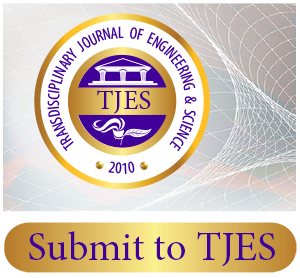Transdisciplinary Research in Marine Science: What’s the added value of involving stakeholders?
Keywords:
Transdisciplinarity, marine science, stakeholder involvement, networking, co-creation, evaluation
Abstract
The holistic solution of complex, global problems in marine topics requires innovative research formats - which can be served by transdisciplinarity. To assess the success of the transdisciplinary approach for marine research, several case studies from marine research at Kiel University (Germany) were analysed for this study. Interviews with both scientists and stakeholders were carried out to 1) clarify whether stakeholder involvement in scientific projects provides additional knowledge and to 2) identify the underlying success factors. Both groups see added value in transdisciplinary projects and name positive aspects of cooperation, mutual interaction and information exchange. Essential are the applicability of research results, and the formation and maintenance of networks enabling further joint activities. Stakeholders add practical contexts to scientific knowledge so that the results of this transdisciplinary research can be translated into practical actions. Resource availability sets clear limits within the project framework. Successful transdisciplinary approaches require standardized definitions of terms, the selection of suitable participation formats and continuous, clear communication. Transdisciplinary projects proved suitable as a tool for sensitizing the general public and raising awareness of complex marine challenges.
Published
2024-05-09
How to Cite
Rombach, S., Wagner-Ahlfs, C., Riekhof, M.-C., & Oppelt, N. (2024). Transdisciplinary Research in Marine Science: What’s the added value of involving stakeholders?. Transdisciplinary Journal of Engineering & Science, 15. https://doi.org/10.22545/2024/00257
Issue
Section
Articles


